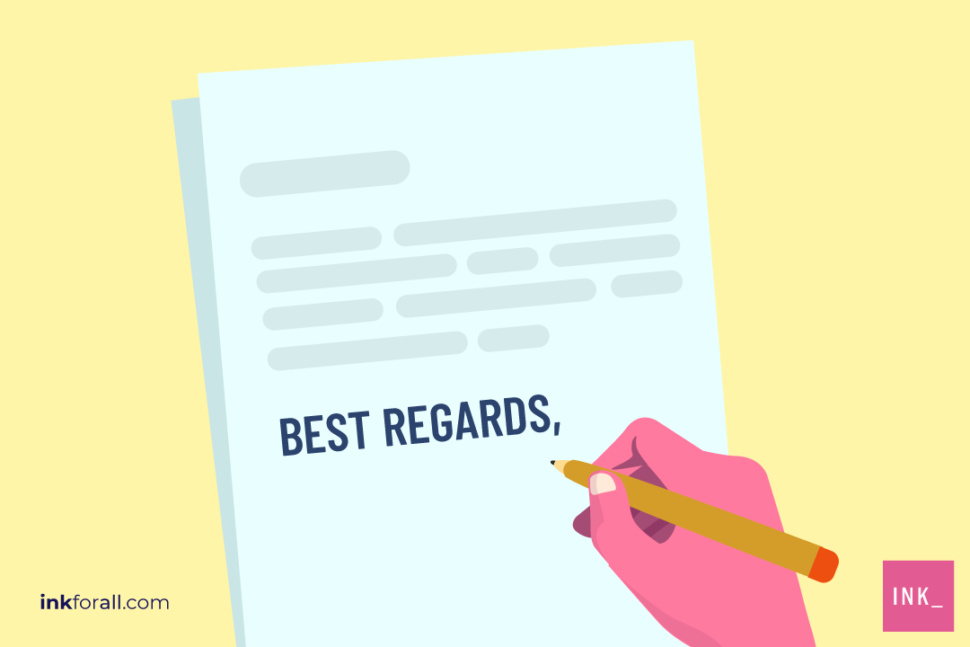Freelancing has become a popular job option for many people in recent years. Instead of working for an employer on a regular basis, freelancers work for themselves and provide their services to businesses, and frequently with numerous clients at once. Being a freelancer allows you to do things on your own terms and pace, free of office politics and the ability to choose your own projects and clients.
However, even with all these perks, there is a chance you could make a few common mistakes when you are just starting out. This article will highlight a list of few things that you should avoid if you are a freelancer.

Settling for Less
When you initially start freelancing, you may be tempted to accept prospects that do not pay your ideal rate, simply to expand your portfolio and ensure that you have some steady work. However, as you hone your talents and gain expertise, it’s critical to recognise your worth and be confident in charging what you’re worth.
Determine a rate for your services that is adequate, not too much but not too less either. Do not allow your clients to bargain for something less than what you rightly deserve.
Budgeting
In the domain of monetary discipline, since you are your own boss, it is essential to take into consideration that your income will fluctuate over assignments. Unpredictable income is one of the most challenging aspects of freelancing. If your spending rises and falls in sync with your income, it might cause issues later on. If you can’t find clients during a slow month, you need to have a safety net to fall back onto.
When your earnings are unpredictable, you must force some consistency through conscious effort. Begin by opening a savings account and paying yourself a certain amount every month on the same day.
Not Maintaining a Balance Between Work and Personal Life
You can work wherever you want, whenever you want, choose which clients you want to work with, and have ultimate control over your career because of the freedom and power that freelancing provides. This, however, also means you can quickly lose track of completing your responsibilities in a timely manner.
It is essential to draw a schedule for your tasks and follow it. The plan should allow enough time for your work and for leisure time. Set goals for the day, week or month, and try to achieve them without overwhelming, or overworking yourself.
Not Having a Specialised Niche
When a client employs a freelancer, they seek a professional who specialises in the freelance work they require assistance with. They’re also willing to pay for that knowledge, as it means efficient and profitable business on their end. As new and developing freelancers, specialisation allows you to gain a better understanding of how to build your own freelancing business around your skill.
Not having a specialised niche might be a disadvantage in a competitive field. You can take up online courses or part-time courses to help you gain an area of expertise. This will surely help your business.
Not Maintaining Clear Communication

Proposals, deliveries, contracts, submissions, deadlines, and everything in between are all worth expressing and should be written down. Don’t assume that your clients understand your objectives or that you comprehend their goals. To make sure you’re on the same page, repeat, paraphrase, and affirm.
Make yourself available. Please include your contact information as well as the best times to reach you. Be prompt in replying within the time you give them. No one likes to be left on delivered or read- especially clients who are paying you!
The ability to work from anywhere at any time, be your own boss, keep all earnings, and have a reduced cost of operation all tempt many people to choose freelancing as a career. And if this is the career path you have chosen, there is much excitement awaiting ahead of you. Take up all the endeavours you decided to take on! Be sure to follow the aforementioned tips to experience a relatively more straightforward transition to your new career.



